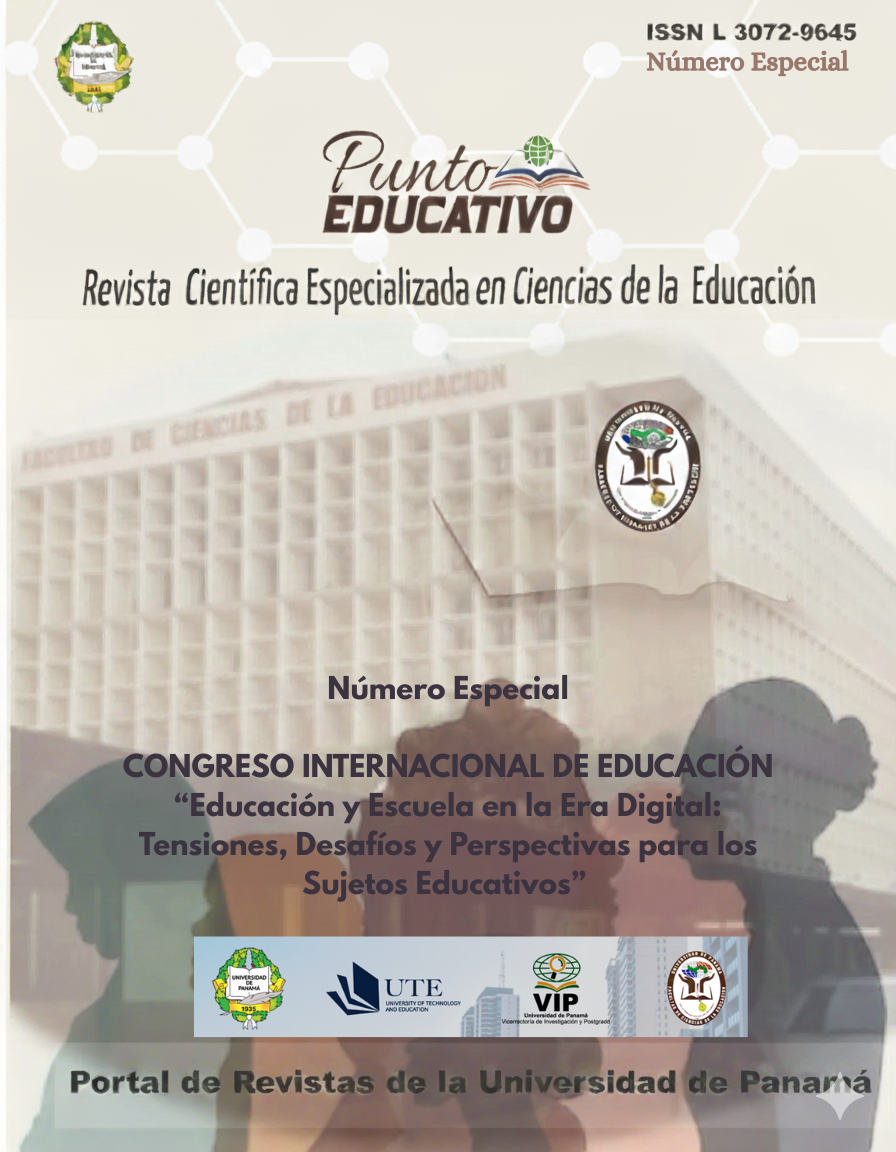

Derechos de autor 2025 Punto educativo

Esta obra está bajo una licencia internacional Creative Commons Atribución-NoComercial-CompartirIgual 4.0.
La neuroeducación surge como un campo clave en la educación del siglo XXI, integrando conocimientos de neurociencia, psicología y educación. Este enfoque se presenta como un imperativo categórico para abordar los desafíos educativos contemporáneos, promoviendo una comprensión profunda del cerebro y su impacto en la educación. El objetivo de esta pesquisa es fundamentar un nuevo paradigma educativo basado en la relación bidireccional entre educación y neurociencia, con un enfoque en la neurociencia crítica y dialogante fundamentado, en la evidencia científica.
La revisión se lleva a cabo mediante un análisis de estudios publicados en bases de datos científicas y repositorios doctorales, utilizando métodos de búsqueda como el "bola de nieve" para asegurar una sólida trazabilidad epistemológica. Se incluyeron investigaciones cualitativas y cuantitativas en diversos idiomas, en especial inglés y español, así como estudios clave fuera del rango temporal reciente. Las conclusiones destacan la necesidad de un cambio paradigmático en la educación que integre las neurociencias como una herramienta complementaria a los métodos pedagógicos tradicionales. Este nuevo enfoque promueve una educación centrada en el funcionamiento cerebral y adaptada a las necesidades cognitivas y emocionales del estudiante, ofreciendo así respuestas a los retos educativos actuales y futuros. Además, subraya la importancia de tener una mirada crítica para evitar neuromitos, sesgos e imprecisiones epistemológicas a la hora de interpretar la evidencia neurocientífica al ser aplicada al campo educativo.